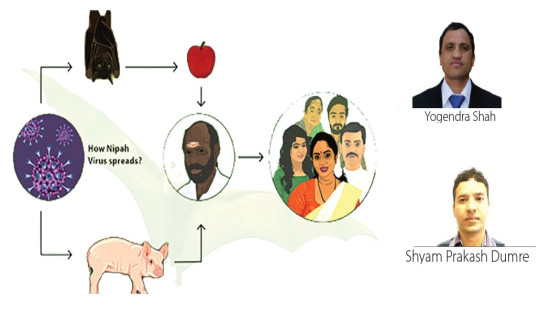- Friday, 6 February 2026
Small Ventures Count
Small and medium enterprises (SMEs) are said to be the cornerstones of a sustainable, inclusive and resilient economic development. Their contribution to Nepal’s economy cannot be overstated, accounting for over 20 per cent to national GDP. In addition to generating employment for some two million people, especially women, they also play a crucial role in women empowerment and economic stability. The country may not be best suited for sophisticated manufacturing at scale, given its modest population, size, minimal industrialisation, unavailability of matching workforce, among other challenges. Instead, nurturing SMEs is highly likely to pay off handsomely.
At a time when the hand-made goods are rising in popularity especially in the developed and affluent world where machine-manufactured merchandises are increasingly losing their shine, we are in a good position to fill their demand gap. That a bulk of foreign tourists are seen clustering in shops selling handicraft items, hand-made shoes, kitchen wares among others is a testament to this growing trend. All these items are produced by home-grown SMEs using mostly locally available resources.
How a fortune can be made by exploiting local resources is shown by a recent New York Times story about eastern Nepal's argeli farmers. The story is about how the business of exporting bark of argeli (a plant that grows abundantly in Himalayan forests) to be used in the printing of Japanese banknotes is earning farmers a fortune, with one, who was employing 60 people, reporting an earning of USD 60,000 in profit a year from the export. Because the income made was higher than those in the Gulf, the employees had ditched their plan to go abroad as migrant workers. Similarly, the business of making traditional handmade paper – lokta – which is made from the bark of the locally available lokta plant, is known to be going good.
Entrepreneurial success stories like these serve as a testaments to the fact that utilisation of our natural resources can yield handsome returns. One such resource is our forests, which cover over 40 per cent of the land. Home to a wide diversity of forests depending on the altitudinal variations, Nepal can reap the benefits by making good use of dizzying arrays of herbs and plants we abundantly have in nature. Whether in shampoo, toothpaste, incense or medicines, their uses are plenty.
In an effort to leverage such strengths, Deputy Prime Minister and Minister for Finance Bishnu Prasad Paudel has said that the government has a clear policy to promote cottage and small industries as an important means of creating a large number of jobs and self-employment. He has also expressed his commitment to paying attention to the reforms in the laws, rules and guidelines, and said that the government would do the needful to support their growth.
The government's concrete support for SMEs is crucial. Through the recently released monetary policy for upcoming fiscal year, the government has unequivocally shown its commitment to address the problems they have been facing since the COVID-19 pandemic; the cooperative crisis has also hit them hard; and many are struggling to stay afloat for reasons such as lack of access to finance or falling demand for their products. It is imperative to implement the new monetary policy that seeks to address the issues plaguing the SMEs.

















